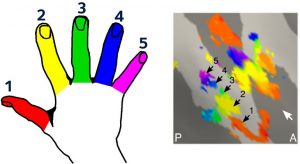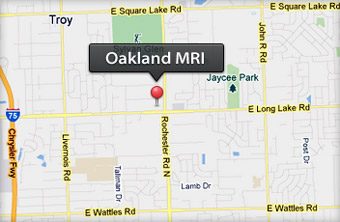 In a potentially important finding for the future of prosthetics, scientists at Oxford University showed that people who had their hands amputated even decades ago still maintain the representation of those hands in their brains. Scientists have long suspected that areas of the brain that end up not being used eventually forget how to do the things they previously knew. This latest study in journal eLIFE strongly suggests that this is not the case.
In a potentially important finding for the future of prosthetics, scientists at Oxford University showed that people who had their hands amputated even decades ago still maintain the representation of those hands in their brains. Scientists have long suspected that areas of the brain that end up not being used eventually forget how to do the things they previously knew. This latest study in journal eLIFE strongly suggests that this is not the case.
The researchers used a very powerful, 7 Tesla, MRI scanner, a device that has more than twice the magnetic field strength of the most powerful clinical scanners. They recruited two people missing a limb for more than 25 years who still experienced phantom sensations, and eleven volunteers with both arms intact. While inside the MRI machine, the participants were asked to move their fingers one at a time.
The results between showed that the primary somatosensory cortex gets activated in a similar pattern when comparing the two groups. Trying to move even the fingers on the missing hands activated their respective representations in the brain, though the strength of that activation was reduced in the two people without hands.
Hopefully this means that future brain-machine interfaces will be able to take advantage of existing memory to let users control their new limbs in a completely intuitive way.

